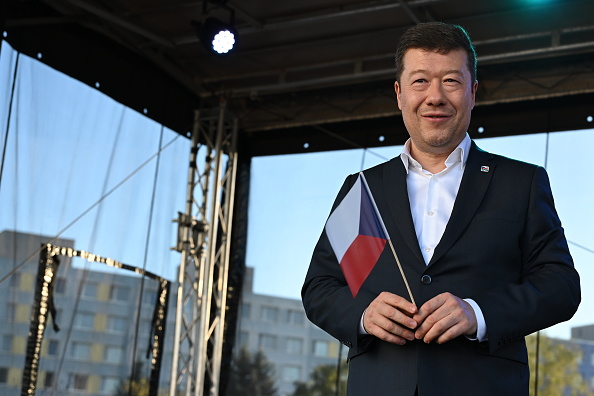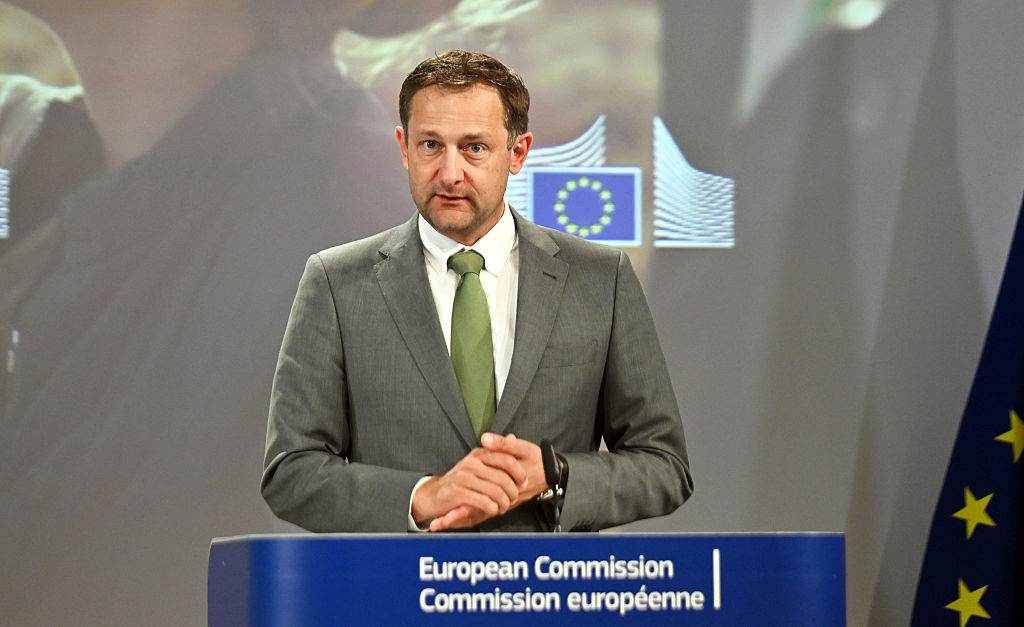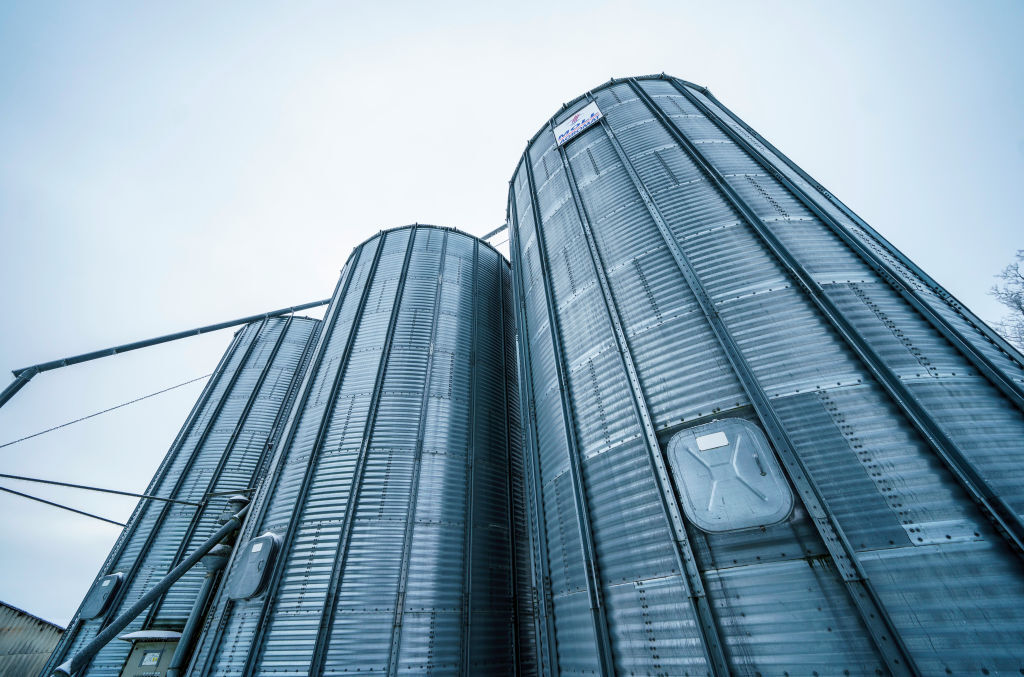Parliament raises pressure on Commission to come up with new CAP proposal
The Commission should 'humbly realise the mistake of presenting such a model and put a new proposal back on the table,' says Dario Nardella (S&D)

The coordinators of the largest political groups in the European Parliament’s agriculture committee – all Italian – voiced their refusal to begin discussions on the Commission’s proposal for the future Common Agricultural Policy (CAP) at a press conference on Tuesday, urging the EU executive to come forward with a new plan.
The Commission’s blueprint for the CAP for 2028-2034, unveiled in July, included an almost 30% budget cut and a structural overhaul that would merge existing programmes into a single ‘mega-fund’.
The proposal must now be examined by both the Parliament and the Council, but it already faces strong opposition from a large share of MEPs and national agriculture ministers.
Socialists are “calling for the European Commission’s proposal to be rejected in its entirety,” said Dario Nardella, the S&D group’s agriculture coordinator, warning of the budget cuts and the loss of the policy’s common elements.
The Commission should “humbly realise the mistake of presenting such a model and put a new proposal back on the table,” he added.
EPP coordinator Herbert Dorfman struck a similar tone.
“My political group does not want … to begin work on these proposals. We are waiting for better proposals,” he told reporters.
Coordinators from far-right groups sent the same message.
Discussing a CAP as currently proposed “is quite surreal,” said Carlo Fidanza of the ECR group.
Meanwhile, Raffaele Stancanelli of Patriots for Europe (PfE) addressed the Commission directly: “Do you really want a CAP? Withdraw this proposal, and we’ll revise it together.”
Pressure is not only coming from MEPs, but also from the Capitals.
On Monday, at a meeting of the Council’s special committee on agriculture, a majority of EU countries circulated a joint statement warning of the risk of “considerable fragmentation of CAP provisions” under the current plan, and calling for a rethink of how the budget is negotiated — led by the General Affairs Council rather than agriculture ministers.
(adm)









